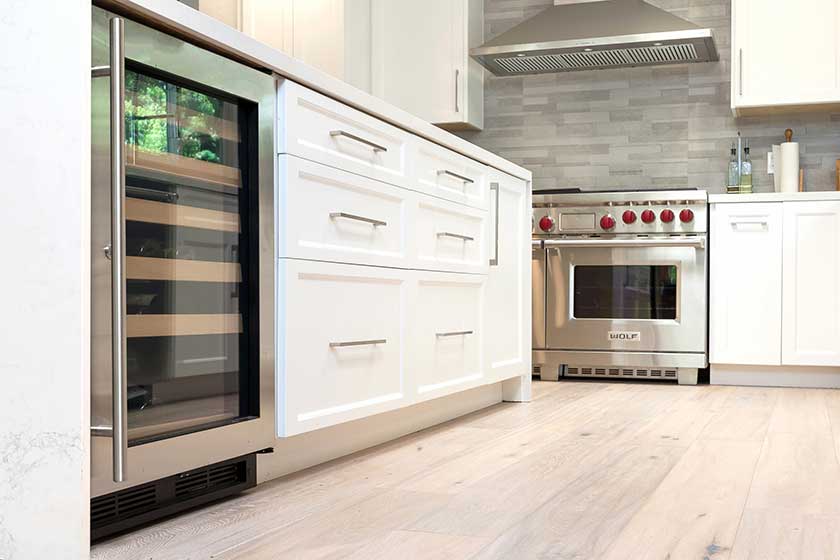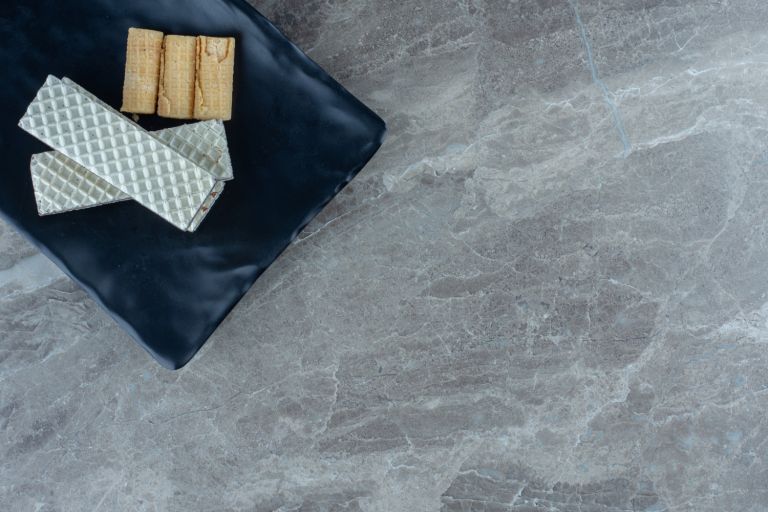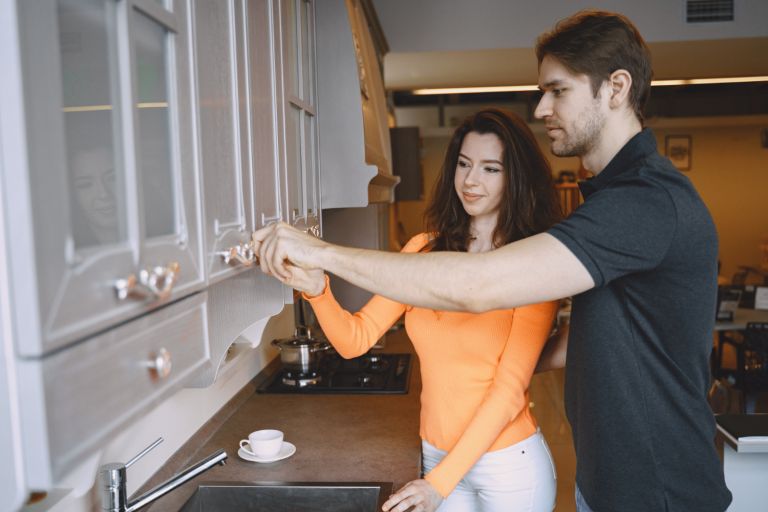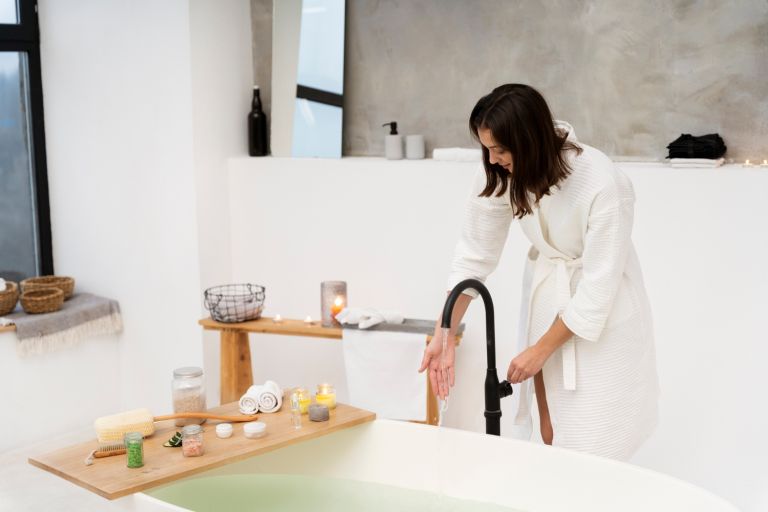If you have ever seen the operations in a commercial kitchen or a restaurant, you must know that details matter the most here. And one of the specifics that matter most in a commercial kitchen is the floor of the area. With a wide range of commercial kitchen flooring options available in the market, it can be confusing for a newbie to choose the best one.
So, what does exactly the best flooring mean to you? Do you want to focus more on the look and ignore other crucial factors? Or, you want to get a perfect balance between durability and aesthetics without spending a fortune on it? Well, a choice for the best flooring materials for commercial kitchens depends on several crucial factors, and considering them will give you the best value for money in the long run.
So, which materials meet all these requirements of a commercial kitchen? Well, the most popular flooring options that you must consider for your commercial kitchens are:
- Ceramic tiles
- Vinyl flooring
- Resin flooring
- Natural stone tiles
- Quarry tiles
- Concrete flooring
Commercial Kitchen Flooring Considerations
- Budget: Always have a fixed budget on your mind while planning a floor renovation for your restaurant or other commercial kitchens. Surf through the internet and get a fair idea of which material costs what and which one will fit your budget perfectly. In case, you want to focus more on the quality of the floor, make sure to be flexible with the budget you’ve.
- Aesthetic Appearance: What about the look and appearance of the floor? No matter whether you opt for wood flooring, engineered flooring materials, tile, marble, vinyl, or carpet; make sure the material to have a unique appearance, warmth, and look to complement your existing decors. Alongside the variation in quality, also focus on the look, finishing, designs, colors, and patterns of the flooring.
- Surrounding: Check the existing floor of your kitchen that you’re planning to renovate. Is it always wet, or is it semi-wet, extremely dry, or high with foot traffic? Knowing the floor conditions and surroundings will help you pick up the best material. Make sure the material you choose is completely slip-resistant – even when it is wet, to provide secured footing for your kitchen crew.
- Durability. Commercial kitchen floors often withstand a lot of foot traffic, heavy loads, wetness, dryness, and severe thermal shocks caused by accidental spillage of boiling water or cooking oil, or any other chemical liquids or cooking ingredients. Thus, make sure it to be moisture resistant and robust enough to withstand the wear and tear, heavy wetness, moisture, cracks, bent, folding.
- Maintenance: What about the maintenance needs of the floor? Floors of commercial kitchens are extremely prone to grime, contaminants, oil and spices spillage, and dust. Thus, the flooring you install must be easy to wipe, clean, and sanitize. It must be resistant to regular cleaning, polishing, and scrubbing. For easy maintenance, always pick a floor with strong watertight closure and non-porous surfaces.






